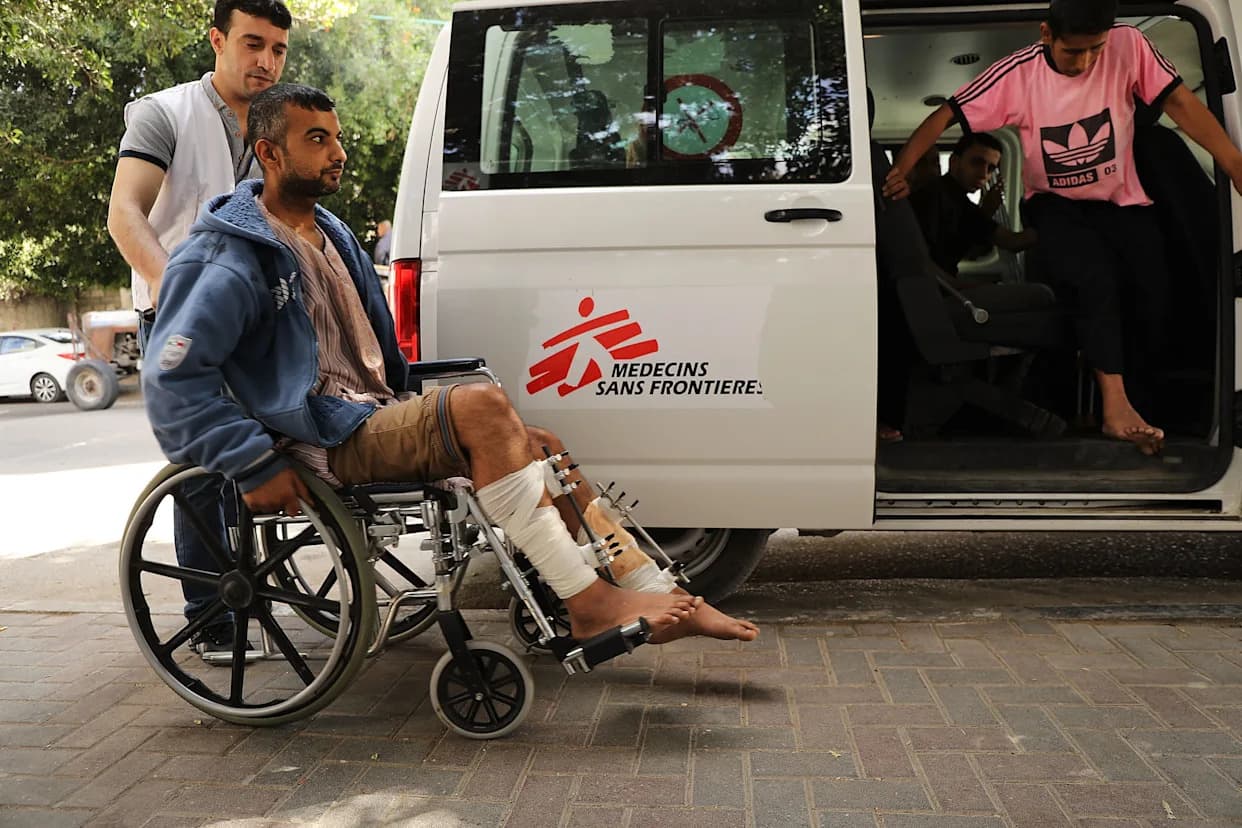Thirteen European search-and-rescue NGOs have formed the Justice Fleet and announced they will end operational communication with Libya’s Joint Rescue Coordination Centre (JRCC), citing years of alleged abuses by the Libyan coastguard. The alliance, which includes SOS Humanity and Sea‑Watch, accuses the coastguard of dozens of violent incidents and faults EU policies that fund or enable these forces. The IOM reports 2,452 people died or went missing in the Mediterranean last year, while Libya hosts about 867,055 asylum seekers and refugees. NGOs warn that outsourcing rescue duties has made crossings deadlier and left many people stranded in inhumane detention.
Thirteen European SAR NGOs Launch 'Justice Fleet' and Cut Operational Ties with Libya’s Rescue Centre

European search-and-rescue groups form new alliance and suspend contact with Libya’s JRCC
More than a dozen European search-and-rescue (SAR) organisations have announced the formation of a new coalition, the Justice Fleet, and said they will stop operational cooperation with Libya’s Joint Rescue Coordination Centre (JRCC) in Tripoli. The move follows years of reported abuses against refugees and asylum seekers attempting the hazardous Mediterranean crossing to Europe.
The 13-member alliance, which includes NGOs from Germany, France, Spain and Italy, said its mission is to “uphold human rights and international maritime law,” according to a press release from SOS Humanity, one of the organisations in the coalition.
“The JRCC Tripoli, which coordinates the violence by the so‑called Libyan Coast Guard, cannot be regarded as a competent authority,” the statement said.
Ina Friebe, spokesperson for the Compass Collective, said the organisations have never recognised the actors running Libya’s rescues as legitimate authorities and accused them of being part of “a violent regime enabled by the European Union.” She added that ending operational communication is both a legal and moral necessity and a stand against what the alliance sees as European complicity in abuses.
Sea‑Watch, another member of the new alliance, reports at least 60 violent maritime incidents involving the Libyan coastguard from 2016 through September 2025, and says the real figure is likely higher. Documented incidents include shooting at vessels carrying refugees and asylum seekers, abandoning people at sea, and obstructing or hindering rescue operations.
According to the International Organization for Migration (IOM), at least 2,452 people died or went missing in the Mediterranean last year, making it one of the deadliest migration routes. Libya is currently home to roughly 867,055 asylum seekers and refugees and has been a major transit point for those trying to reach Europe since the 2011 fall of Muammar Gaddafi.
Under Gaddafi many Africans worked in Libya’s oil sector; after his ousting the country descended into conflict among rival militias. Rights groups and UN agencies have documented systematic abuse of refugees and migrants in Libya, including torture, rape and extortion, and have raised alarm about detention conditions described as inhumane.
In recent years, the European Union has increased efforts to curb irregular migration across the Mediterranean, including by providing equipment and funding to the Libyan coastguard — a quasi‑military force linked to militias accused of serious abuses. NGOs argue that outsourcing rescue duties and supporting such forces has reduced state-run search-and-rescue operations and made crossings more perilous.
Recent tragedies highlight the risk: in August at least 27 people died after two boats sank off the southern Italian island of Lampedusa, and in June around 60 refugees and migrants were feared missing and drowned after two shipwrecks off Libya’s coast.
What the Justice Fleet says it will do: The coalition has pledged to maintain independent SAR operations guided by international maritime law and human-rights obligations, to document and report abuses, and to refuse operational contact with the JRCC until credible, independent safeguards are in place.
Context and next steps: The announcement is likely to complicate coordination in Mediterranean search-and-rescue operations and could increase diplomatic pressure on the EU and member states to reassess migration and assistance policies tied to Libyan institutions. The Justice Fleet says it will continue rescue efforts and advocate for safer legal routes and stronger protections for people fleeing conflict and persecution.
Help us improve.


































